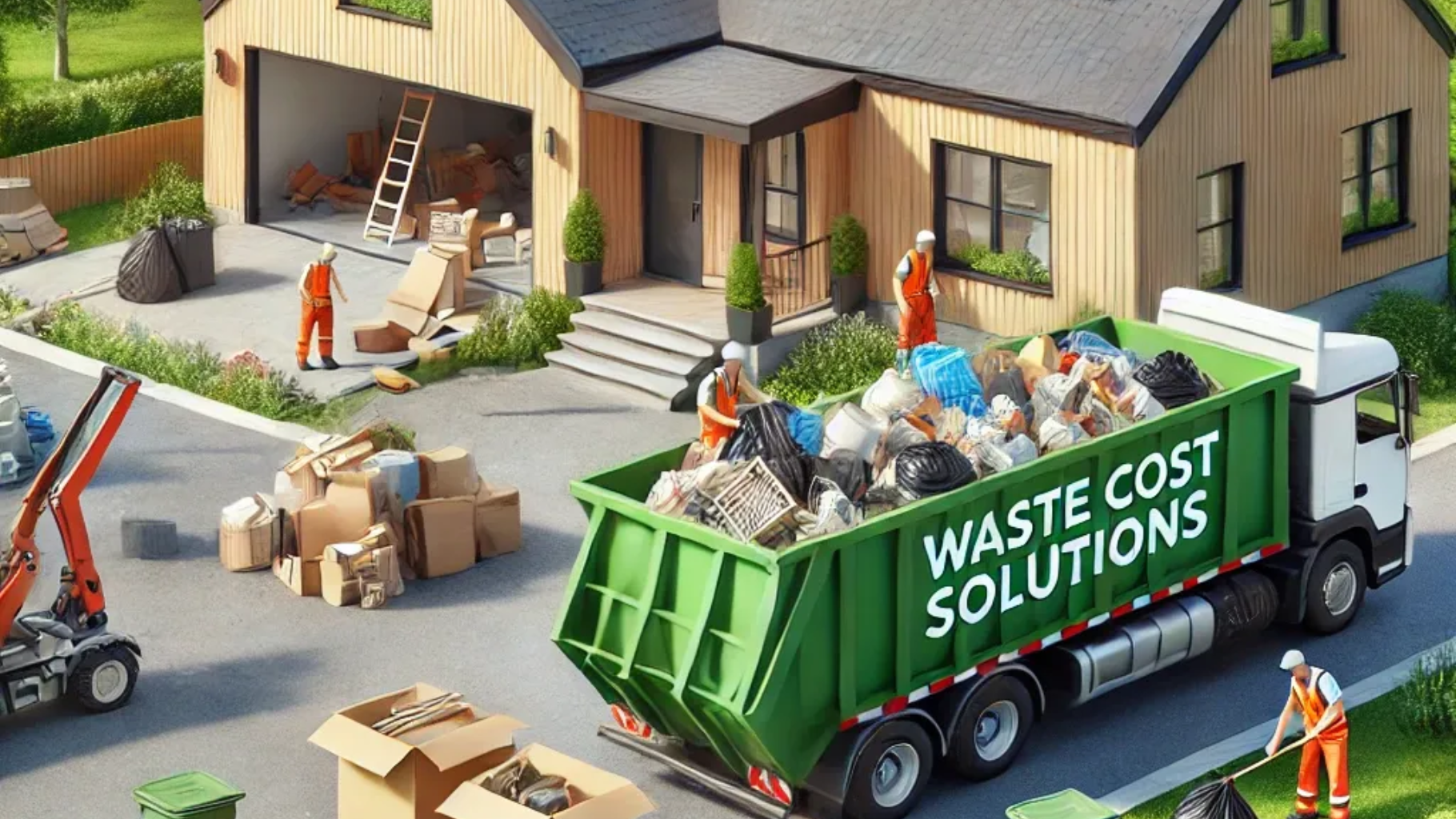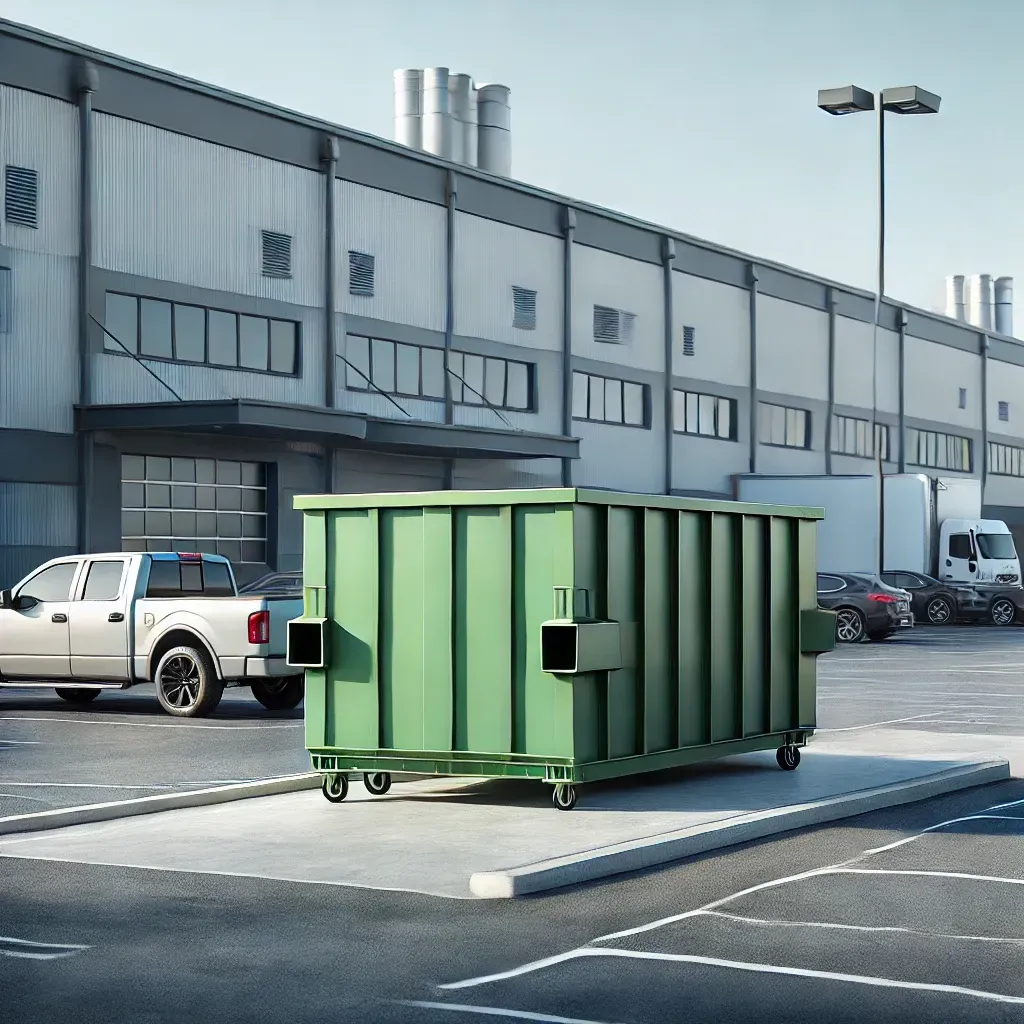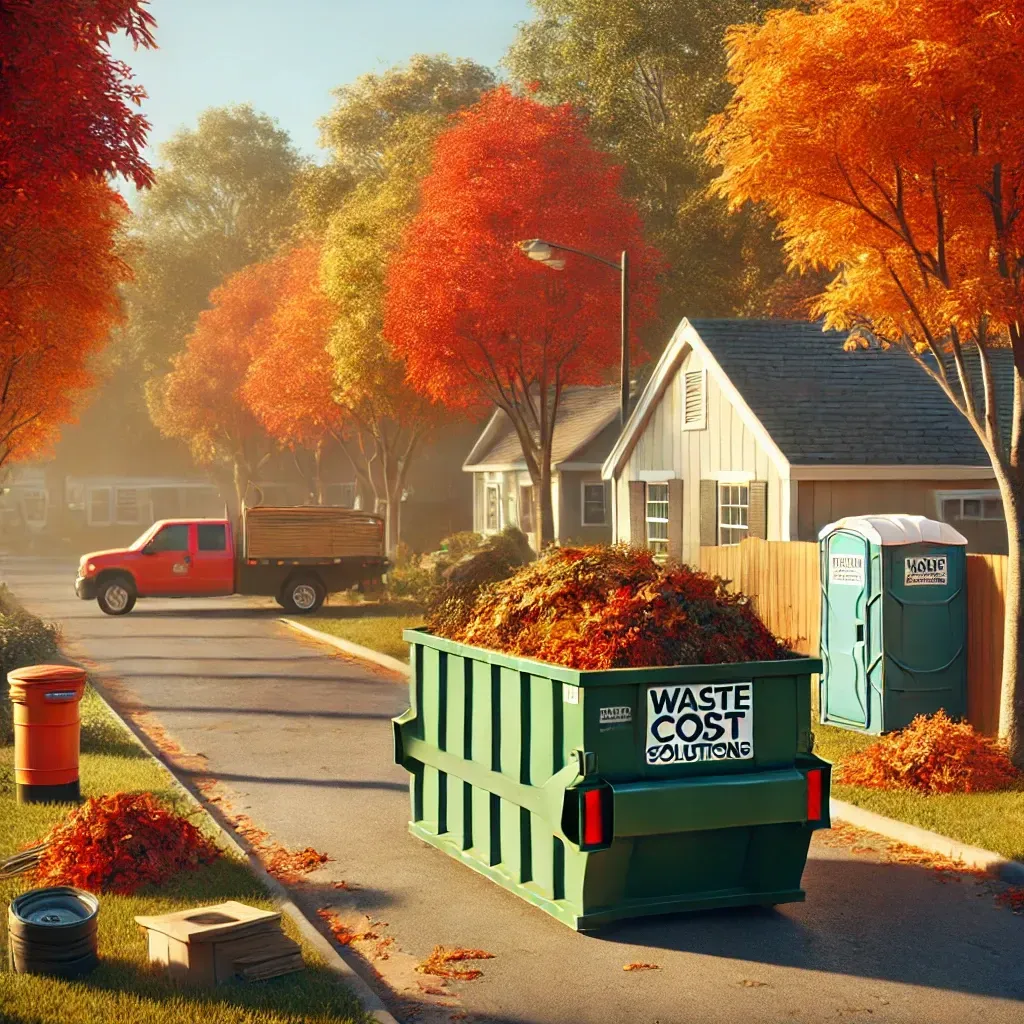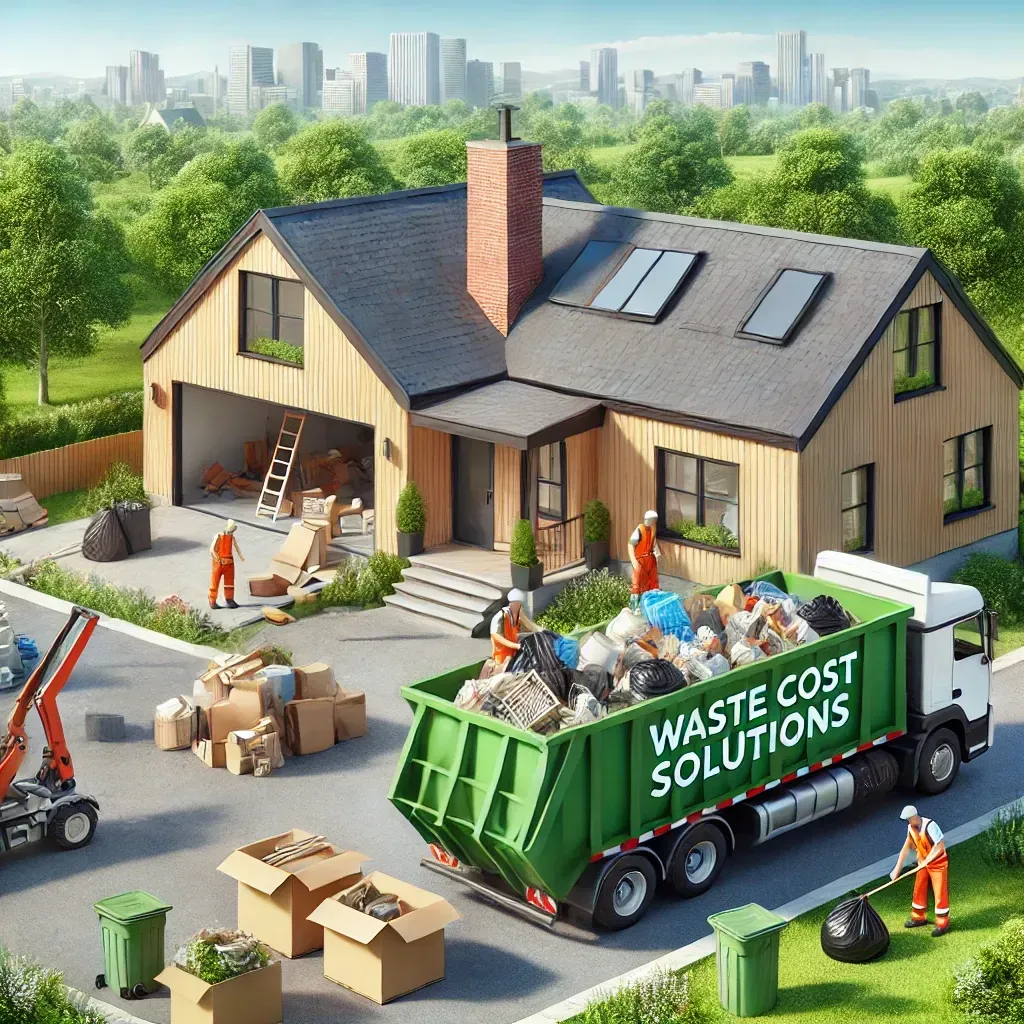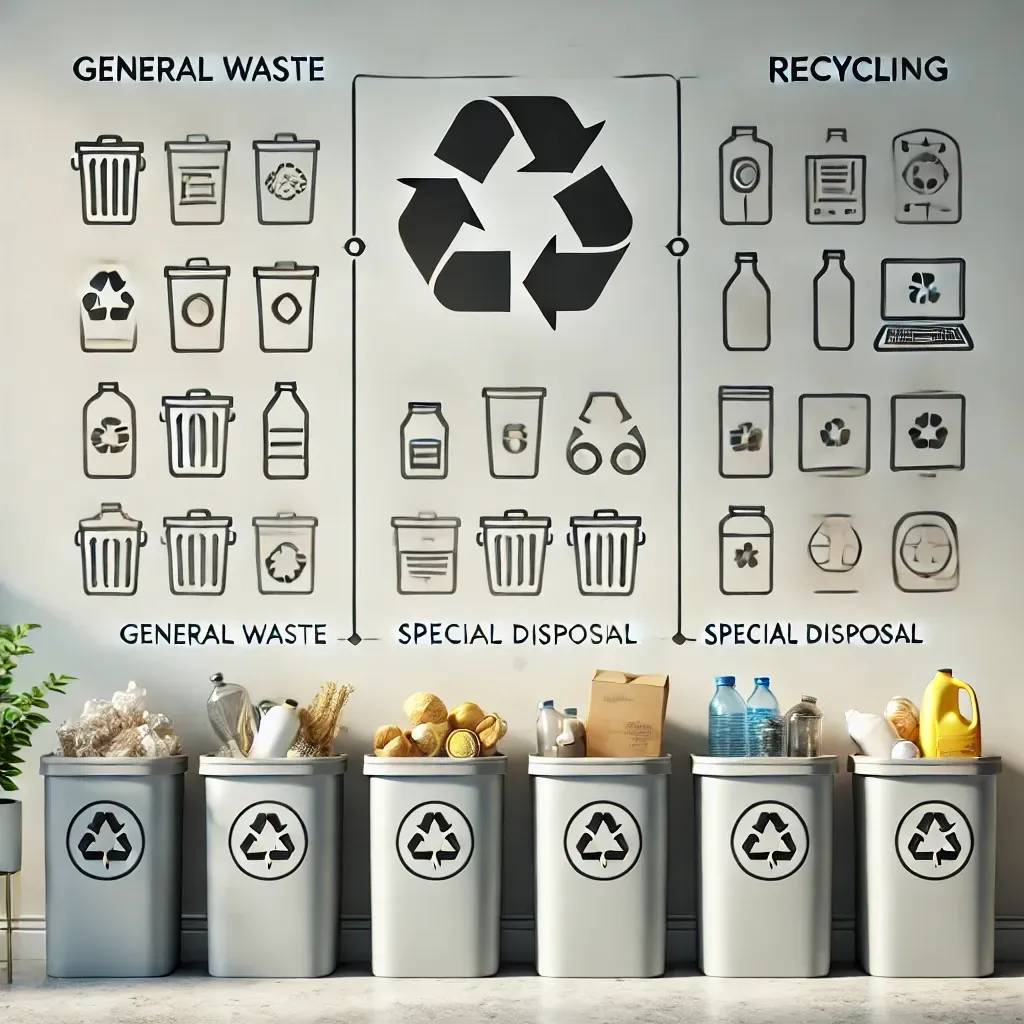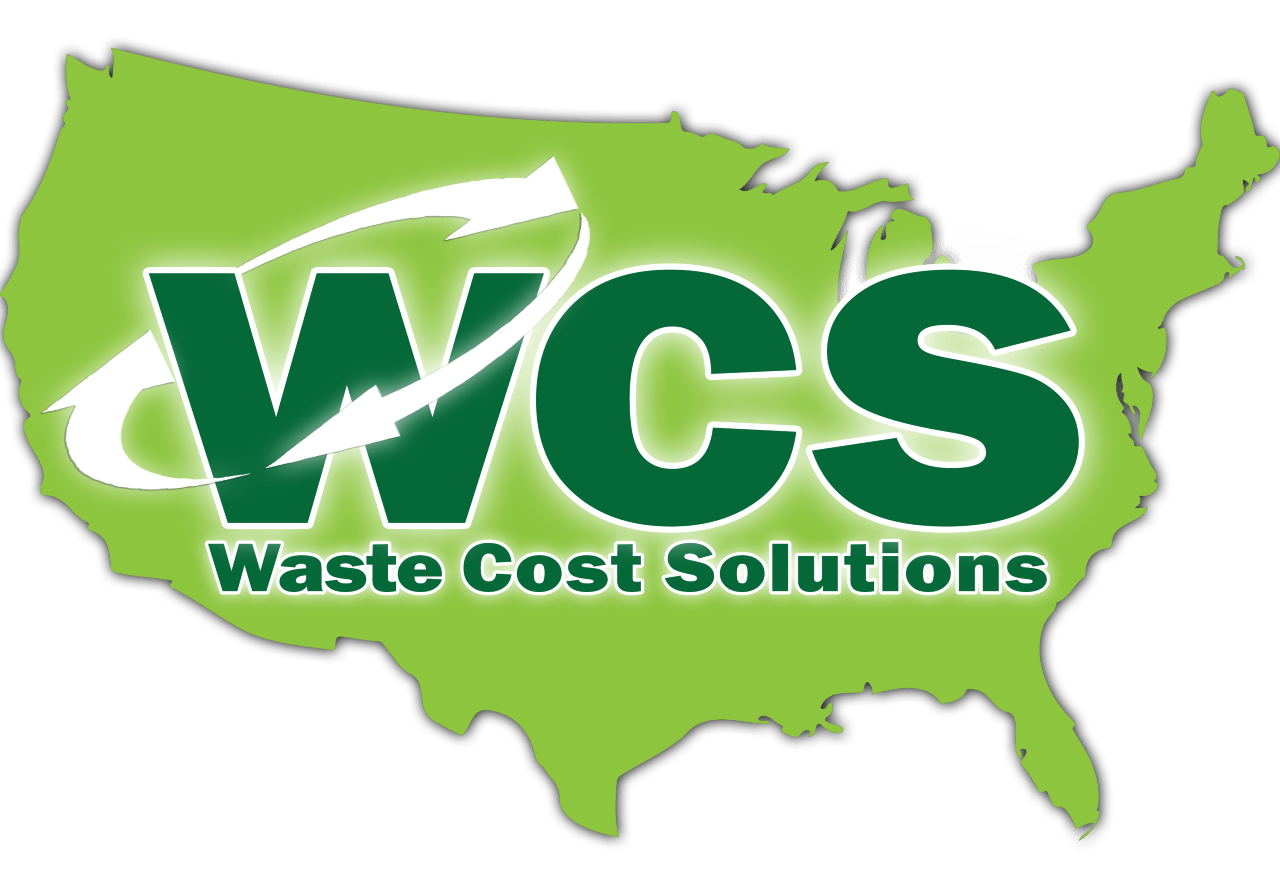How to Reduce Your Business's Waste Costs
In today's competitive business landscape, every dollar counts. But are you overlooking a hidden cost drain lurking within your operations? We're talking about waste disposal, a seemingly unavoidable expense that can significantly affect profit margins.
The truth is that
commercial waste disposal is becoming increasingly expensive, with rising landfill fees, fuel costs, and stricter regulations driving up yearly prices. But before you resign yourself to this ever-growing expense, consider this: you have the power to fight back and significantly reduce your waste disposal costs by optimizing your waste management trash service.
This blog post, brought to you by Waste Cost Solutions, your trusted partner in waste management, will equip you with powerful strategies to transform waste from a cost burden into an opportunity for savings and environmental responsibility.
The Alarming Rise of Commercial Waste Disposal Costs
It's no secret that waste disposal is costly. But the reality is even more concerning than you might think. According to a recent industry report, the average cost of commercial waste disposal has increased by 20% in the past five years, and this trend is expected to continue. This rise is attributed to several factors, including:
- Limited landfill space: As landfills reach capacity, disposal fees steadily increase to manage the growing waste problem.
- Fluctuating fuel prices: Transportation costs significantly impact waste disposal fees, and the recent fuel price volatility adds another layer of uncertainty to budgeting.
- Stricter environmental regulations: Governments are implementing stricter regulations on waste disposal, leading to increased costs for sorting, processing, and treatment of specific waste streams.
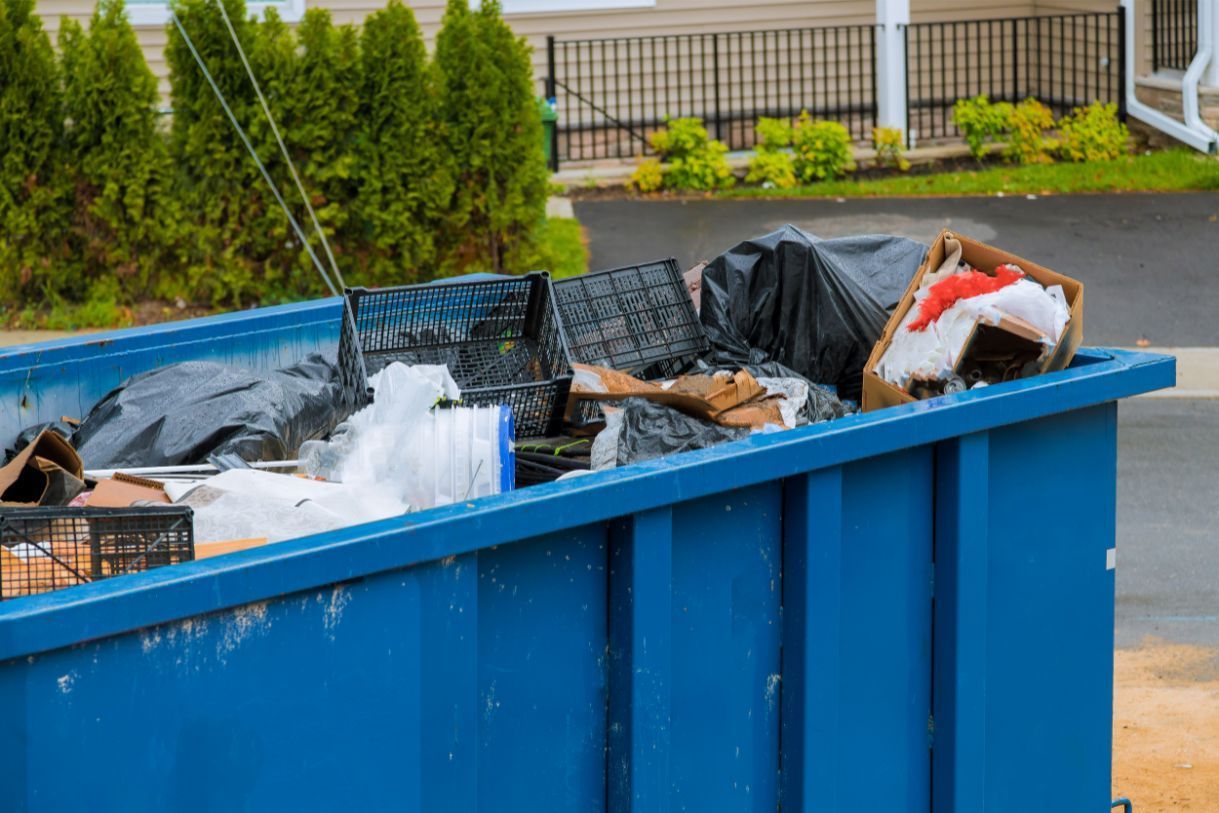
These rising costs can significantly impact your bottom line. But there's good news: you don't have to be a passive victim of this trend.
Identifying Your Business's Waste Streams
The first step towards controlling waste disposal costs is understanding your waste generation patterns. Conducting a waste audit is an essential exercise that allows you to:
- Identify the types of waste your business generates, such as paper, food scraps, packaging materials, and electronics.
- Quantify the volume of each waste stream.
- Pinpoint the sources of waste generation within your operations.

By understanding your waste profile, you can gain valuable insights into areas for improvement and identify opportunities to reduce waste generation and disposal costs.
Strategies to Reduce Waste Generation
Once you know what you're dealing with, it's time to take action. Here are some powerful strategies to reduce your business's waste generation:
Embrace the "source reduction" philosophy: This involves preventing waste from being generated in the first place. Examples include:
- Using reusable water bottles and mugs.
- Opting for digital documents instead of paper printouts.
- Purchasing products with minimal packaging.
Explore the power of recycling and composting: Many materials, such as paper, cardboard, plastic, and food scraps, can be recycled or composted, significantly reducing the amount of waste sent to landfills.
Partner with a waste management expert: A professional service provider can help you optimize your waste collection frequency, recommend suitable bin sizes for your needs, and explore alternative disposal methods for specific waste streams. Waste Cost Solutions has a proven track record of helping businesses achieve significant cost savings through our comprehensive waste management consulting and cost reduction strategies.
Additional Cost-Saving Tips
Here are some additional practical tips to squeeze every penny out of your waste disposal budget:
- Negotiate your waste collection contracts: Regularly review your contracts and negotiate with waste haulers for better rates and terms.
- Explore alternative disposal methods: Depending on your waste types and volumes, alternative disposal methods like baling or compacting can significantly reduce your disposal costs.
- Educate your employees: Empower your employees to become waste reduction champions by providing training on waste segregation, recycling best practices, and responsible waste disposal habits.
Reap the Rewards of Responsible Waste Management
Implementing these strategies can significantly reduce your business's waste disposal costs and contribute to a more sustainable future. Remember, waste management is not just about saving money; it's about demonstrating environmental responsibility and building a positive brand image.
Ready to take control of your waste disposal costs and embrace a more sustainable future? Contact Waste Cost Solutions today for a free consultation and discover how our customized waste management solutions can help your business save money and make a positive impact.
Let's turn waste from a burden into an opportunity for a greener tomorrow!
